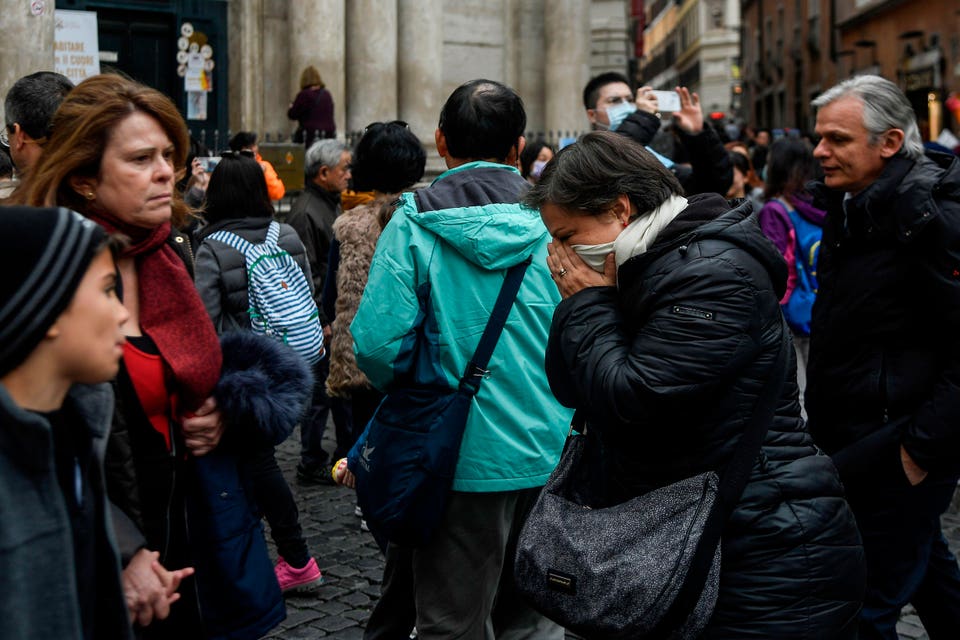Will JN. 1, a new variant of interest spreading throughout the world, disrupt the holiday season? The on Tuesday classified the Covid-19 variant JN. 1 as a variant of interest.
Largely, the rapid global increase in its prevalence prompted this announcement. But the WHO also noted that the overall risk of this variant is low. Those statements may seem contradictory.
So, what do we know about JN. 1 and how concerned should we be? What Is JN. 1? First described in August and initially detected in the United States in September, JN.
1 is a descendant of the variant BA. 2. 86.
This variant, in turn, is part of the Omicron lineage. Compared to BA. 2.
86, JN. 1 has a single mutation in the spike protein. It contains a few other mutations in non-spike components of the virus.
Although the significance of the spike protein change has not been thoroughly evaluated, JN. 1 seems to exhibit a growth advantage. Just look at the numbers.
JN. 1 accounted for less than 0. 1% of the SARS-CoV-2 viruses circulating in the U.
S. at the end of October, . Today, that number is around 20%.
Globally, the prevalence of JN. 1 was estimated to be under 5% in early November. Now, the global prevalence of JN.
1 is estimated to be over 25%. These increases most likely indicate that this newest variant is more transmissible than its predecessors. What About Disease Severity? Despite the emergence of multiple SARS-CoV-2 variants over the past several years, Covid-19 symptoms have varied little since the beginning of the pandemic.
However, we don’t know much about the specific disease severity of JN. 1. One preliminary study showed no increased risk of hospitalization in older people infected with JN.
1 when compared to other variants, according to the WHO. Another study showed a slightly lower risk of hospitalization in people infected with BA. 2.
86. More studies need to be done, But at this point, there is no evidence that JN. 1 causes more severe disease.
Do The Vaccines Still Work? Short answer? Yes. Several preliminary studies have shown that JN. 1 may exhibit increased immune evasion properties.
In other words, it can partially escape neutralization by our antibodies. Most likely, this increased immune evasion contributes to its apparent increased transmissibility. But the vaccines still work.
Indeed, demonstrating that its latest Covid-19 vaccine, which was designed to target the XBB. 1. 5 variant, also neutralized BA.
2. 86. Presumably, this vaccine also will provide some protection against JN.
1. What Comes Next? Currently, . For the week ending December 9, there were 723 deaths attributed to Covid-19.
During the same week in 2022, there were 3,035 deaths. Hospitalizations are down, too. But Covid-19 has not gone away.
Vaccines, against not just Covid-19 but also influenza and RSV, remain our best forms of protection against these respiratory diseases. And in this busy holiday season, it’s wise to consider , too. If your holiday plans include visiting friends or relatives who might be at increased risk of severe disease, such as the elderly or immunocompromised people, masking and physical distancing provide added layers of protection.
The current risk of JN. 1 may be low, but it’s certainly not zero. .
From: forbes
URL: https://www.forbes.com/sites/davewessner/2023/12/21/new-covid-19-variant-jn1-spreading-rapidly-but-risk-remains-low-who-says/



